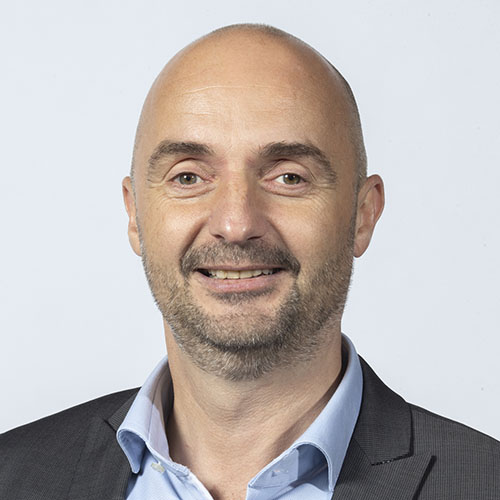What we do
About our project
Approach
Combining smart ICT to collect clinical data and innovative statistical approaches, we develop innovative clinical prediction models and evaluate interventions in a comparative effectiveness approach . The focus is on on using of daily data routinely collected in daily clinical practice more than on ad hoc measured experimental data.
Data-driven precision rehabilitation
While the traditional evidence-based medicine approach is centered around the randomized-controlled trial, this has the disadvantage of being expensive and time-consuming and traditionally powered to study mean treatment effects. Exploring larger clinical datasets allow focusing more on factors that influence the treatment effects, such as patient characteristics, allowing a more personalized/precision approach to rehabilitation medicine.
Data sets
Over the last 15 years, we have collected and continue to invest in unique datasets on such on hand and wrist surgery and rehabilitation, stroke, traumatic brain injury and cerebral palsy.
Our research focus
Smart data collection
Clinical data are often collected in an unstructured way in electronic patients files and as such they are difficult to access for the purpose of quantitative research. Moreover, patient-reported outcome measures are rarely systematically collected and, if so, traditionally collected on paper. In a collaboration with the Departments of Plastic Surgery and Rehabilitation Medicine of the Erasmus MC and the Xpert Clinic GemsTracker was developed as an open source webbased application to assign measurement tracks to patients.
We have the ambition to be leading in data-drive precision medicine for stroke, traumatic brain injury, spinal cord injury, and upper extremity disorders based on the unified vision on data collection and data science.
Data science
Data-drive precision medicine requires not only large clinical data sets but also complex and modern statistical approaches.
Comparative effectiveness
Comparative effectiveness research with observational data using techniques such as propensity score matching can be used to evaluate the effect of variability in while controlling for potential differences in patient populations that undergo these treatments. This approach can speed up the cycle of medical innovation and reduce research costs.
Clinical prediction modeling
Routine outcome data of large patient groups collected in a daily clinical setting is suited for clinical prediction modelingin studying determinants of diseases, disease progression and treatment outcomes. Amongst others, we collaborate with Prof Rizopoulos and Dr Andrinopoulou of Biostatistics Erasmus MC to apply the modern concept of dynamic prediction modeling and of joint modeling to our data sets.
Real-time prediction modeling
Real-time dynamic prediction modeling allows to calculate potential predicted recovery or treatment effectsn and real time visualization to support shared decision making in clinical care
Collaborations
Internal collaborations
ACE’s: BrainMotion, Quality of Care, Stroke & Bone
Departments: Plastic Surgery, Neuroscience, Neurology, Biostatistics, Public Health, Orthopedics, General Medicine
External collaborations
Rijndam Rehabilitation Center
IMDI NeuroControl. NeuroControl is a Centre of Research Excellence (CoRE) established in 2011 as part of the IMDI initiative, selected by the Netherlands Organization for Health Research and Development as one of the spearheads of Medical Technology research in the Netherlands. It is a close collaboration between the TU Delft, Utwente, VUMC, VU, Radboudumc, LUMC, ErasmusMC, several companies, rehabilitation centres and other institutions and patient unions. The mission of IMDI NeuroControl is to develop innovative tools for treatment and prevention of disabilities caused by neurological diseases.
TU Delft (3ME) and VUmc as specifically important partners that are also part of IMDI NeuroControl.
Xpert Clinic and Handtherapie NL. A 12-year collaboration focused around routine outcome measurement of patients with arm and hand disorders that developed into a internationally unique data set and a highly productive research group.

